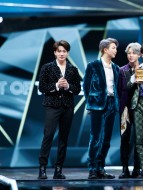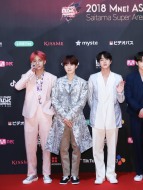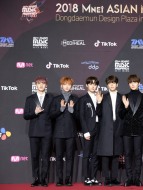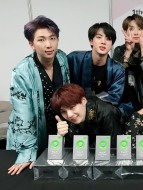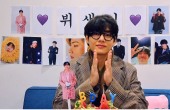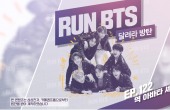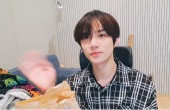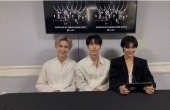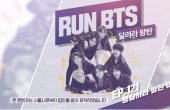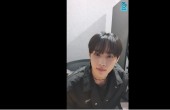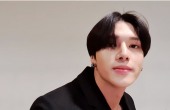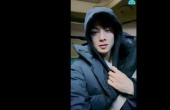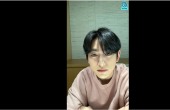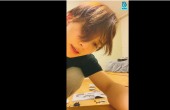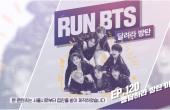[Next Wave] Dumbfoundead on Koreatown, ‘Foreigner’
Rapper talks about how the LA Korean-American experience is making ripples in Korean entertainment
While growing up in Koreatown, a bustling enclave in central Los Angeles home to a distinctly hybrid culture of Korea and America, rapper Dumbfoundead noticed something odd.
The neighborhood’s young residents, born to Korean immigrant parents but raised entirely on American soil, seemed to adhere to Korean social codes with enthusiasm. They would pour the staple Korean liquor soju for each other using both hands, and refer to older males as “hyung” or “oppa.”
Whether reflecting a desire to keep in touch with their roots or the simple enjoyment of a fun ritual, this culture fascinated Dumbfoundead, himself a Korean-American rapper.
“I always find it really interesting,” he said. “How there’s still young Korean-Americans that follow a lot of traditions.”
The rapper, whose Korean name is Park Sung-man, still mixes Korean and English in his everyday speech when hanging out with other Korean-American friends. That’s how he came up with the title for his main track “Hyung” -- an affectionate term in Korean used by males to refer to an older male -- listed in the EP album “Foreigner,” released Tuesday. Despite his substantial success in the US hip-hop scene, it is the first time the rapper is foraying into Korea.
“We were talking about being a hyung, some hyung s---, and I thought that would be cool to put in rap.”
The track features some of the rapper’s longtime “hyungs” in the hip-hop industry -- Tiger JK, who also spent his teenage years in LA and who achieved iconic status in the Korean hip-hop scene in the 1990s, Simon Dominic and Dok2.
“I reached out to some acquaintances out here and they were down to do it. Definitely some hyung s---,” said Park.
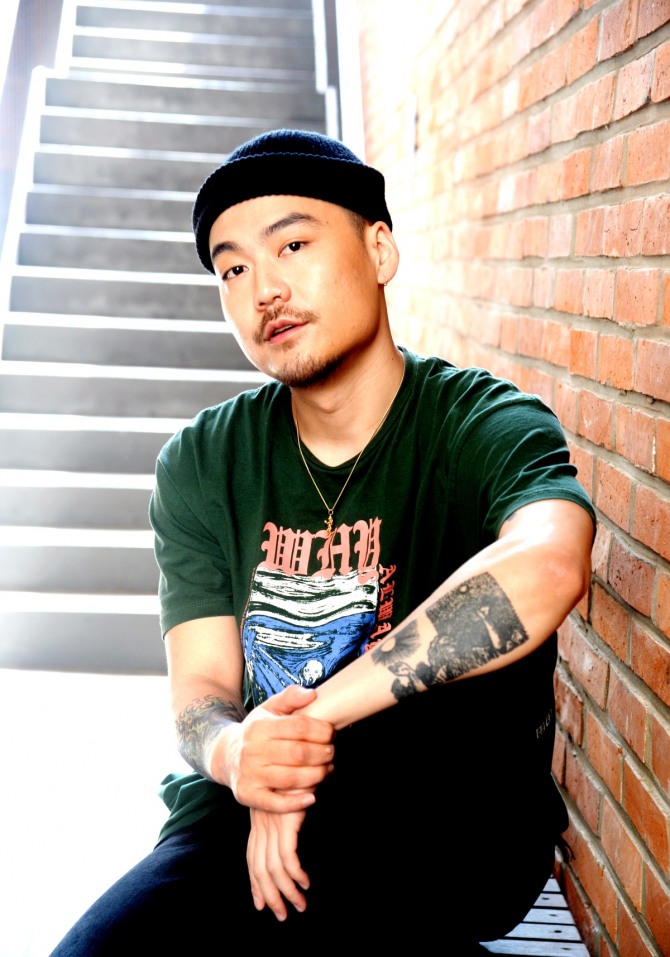 |
| Rapper Dumbfoundead (Park Sung-man) poses for a photo before an interview at Herald Square on Thursday. (Park Hyun-koo/The Korea Herald) |
The song’s music video, “all shot on green screen” and co-directed by the rapper, is a hodgepodge of typically Korean cultural references -- Dumbfoundead dressed in an old black-and-white Korean school uniform, for example.
Some scenes “challenge gender roles and sex,” depicting drag queens singing to the hook “I’m a hyung.”
The reason behind his Korean venture is simple. “I’ve been to Korea many times and have been involved in the hip-hop scene, (collaborating) with a lot of underground rappers,” he said.
“But the reason I wanted to come back now is the hip-hop scene is a lot more developed,” he said, referring to rap audition shows such as “Show Me The Money” which have reaped huge success here.
“What’s interesting is that a lot of the musical talent and rap is coming from Korean-Americans, and back into Korea,” the rapper pointed out. A certain “Korean-American-ness,” distinct from either of its elements, is seeping into the Korean entertainment industry, he said.
“To me, these guys are pioneers in the sense of how to conduct themselves on TV,” said Dumbfoundead, referring to artists such as Korean-American rapper Jessie and singer Ailee.
“Whether Koreans found it likeable or … disrespectful, there was no woman saying stuff on her mind that was so blunt,” he said of Jessie’s character in the female rap audition program “Unpretty Rapstar.”
“I think that stems from the hip-hop spirit. That genre has always been about challenging authority.”
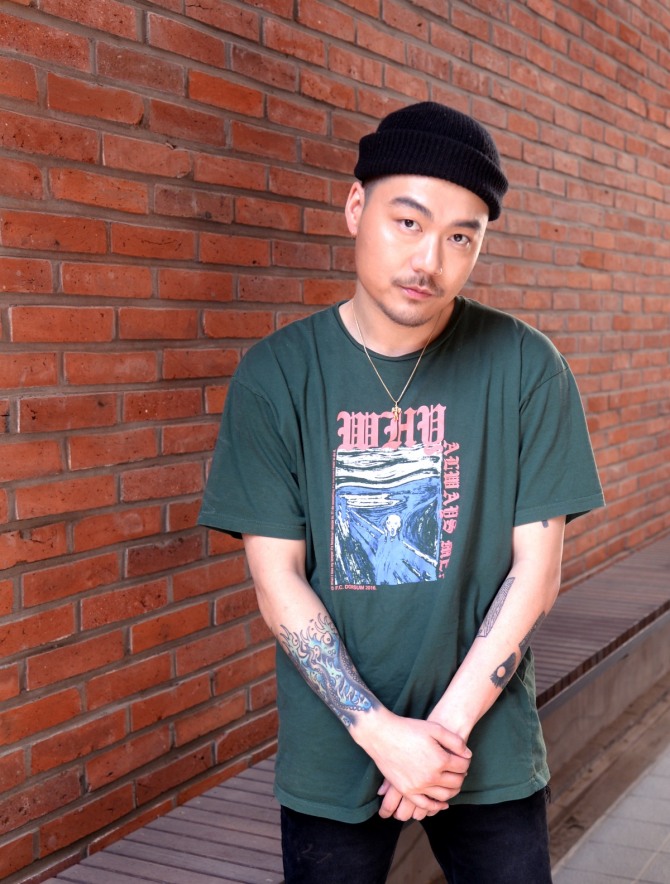 |
| Rapper Dumbfoundead (Park Sung-man) poses for a photo before an interview at Herald Square on Thursday. (Park Hyun-koo/The Korea Herald) |
With his rap moniker Dumbfoundead, his American name Johnathan Park and his Korean name Park Sung-man, the 31-year-old artist, like most Asian-Americans, says he has gone through his share of identity-searching.
The album’s title has multiple meanings, said Park. “It’s not just about (being) a foreigner in a different country, but (also in) your own community.”
Park’s parents fled Korea and immigrated to Argentina after the Korean War. The family moved to Los Angeles when Park was 3.
During his school years, Park was an “indie kid really into film,” often bullied with the typical Asian stereotypes -- “Jackie Chan, Jet Li” -- and didn’t really fit into any specific clique. He found his “people” through battle rap, an artistic release and a way to defend himself verbally.
Since then, he has become one of the best-known Asian-American rappers in the US, making a name for himself in Los Angeles’ battle rap scene in the 2000s. Many of his songs touch on contemporary social issues: last year’s releases “Harambe” dealt with the death of the Cincinnati Zoo gorilla of the same name, while “Safe” addressed the whitewashing of acting roles in Hollywood.
And now, returning to Korea, Park says he’s observing and learning the “Korean way” that things are done in the music industry from a semi-outsider’s perspective.
“Things get done. And it’s pretty crazy how they balance it with the crazy night culture, too.”
By Rumy Doo (doo@heraldcorp.com)
The Korea Herald is introducing Korean singers, musicians and actors poised to join the next wave of top stars in a twice monthly series. - Ed.









